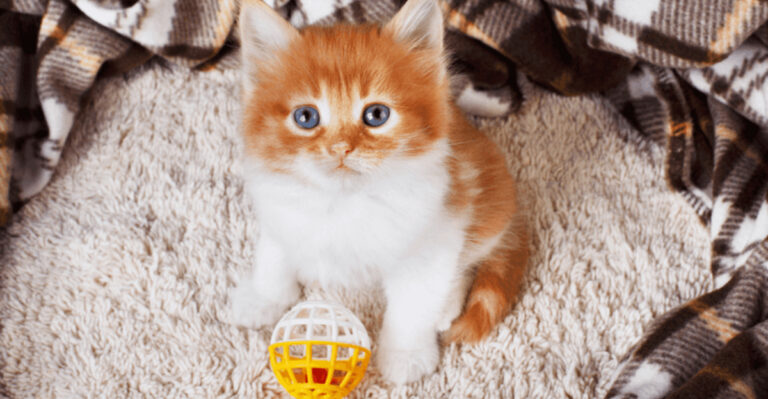14 Mistakes To Avoid If You Own A Cat
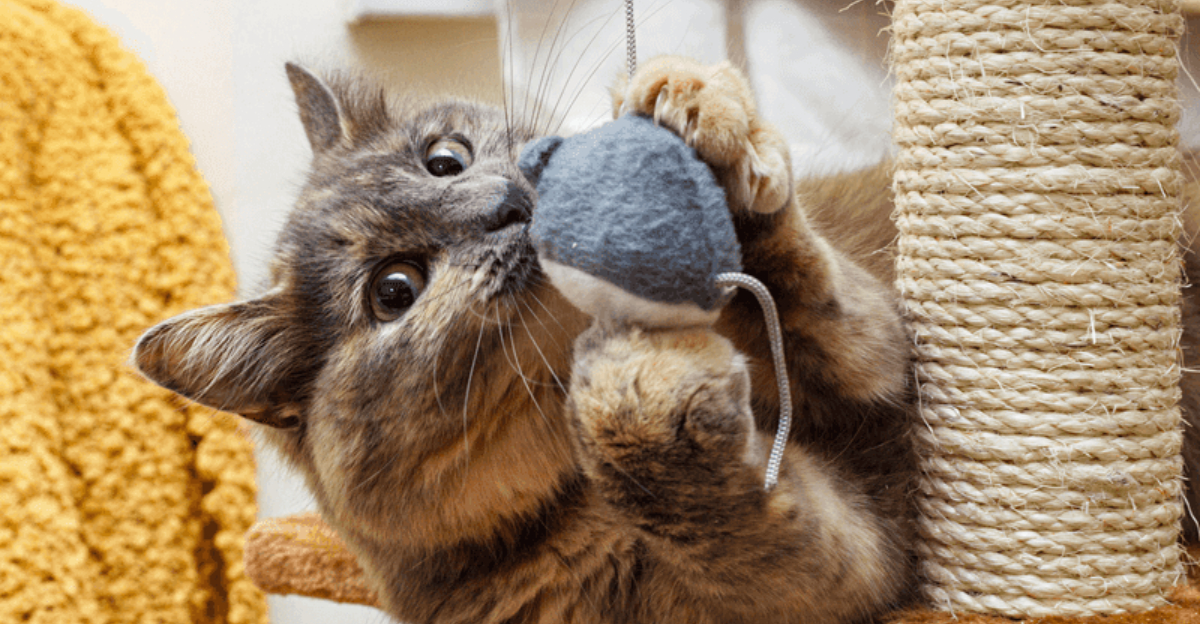
Bringing a feline friend into your home creates a special bond, but it also comes with responsibilities many new owners overlook.
Cats may seem independent, but they need proper care to stay happy and healthy. Let’s explore common mistakes that could affect your cat’s wellbeing and how to avoid them for a purr-fect relationship with your furry companion.
1. Skipping Regular Vet Visits
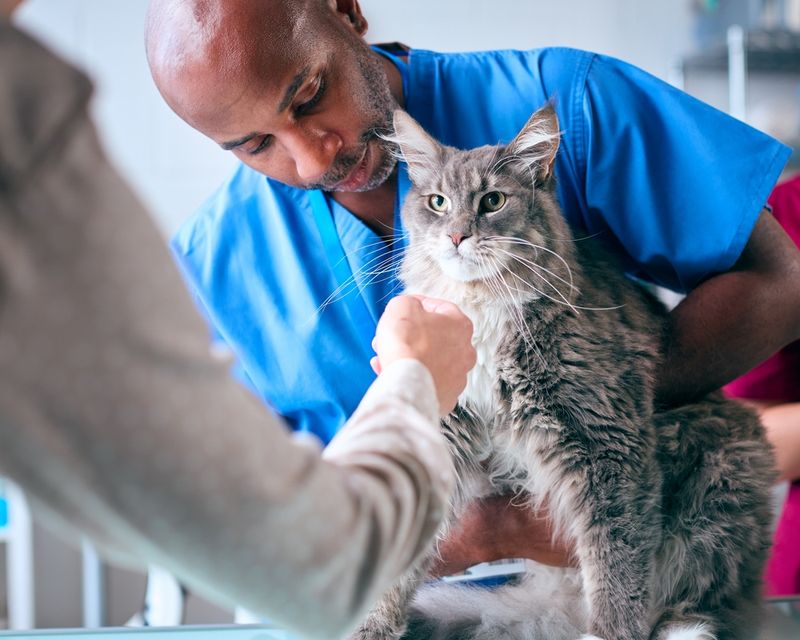
Many cat owners only visit the vet when their pet seems sick. This approach misses crucial preventive care opportunities.
Annual checkups catch health issues before they become serious problems. Your vet can spot dental disease, weight changes, or hidden illnesses your cat naturally hides from you.
2. Ignoring Dental Health
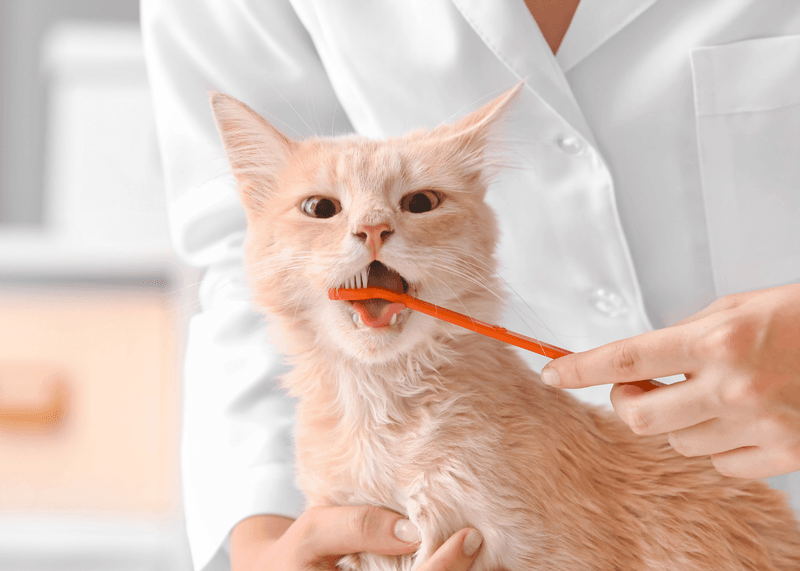
Ever noticed your cat’s fishy breath? That’s not normal—it’s a sign of dental problems brewing beneath those whiskers.
Dental disease affects up to 85% of adult cats and can lead to serious health issues beyond just tooth loss. Regular brushing with cat-specific toothpaste and dental treats can save your furball from painful procedures later.
3. Providing Inadequate Litter Box Setup
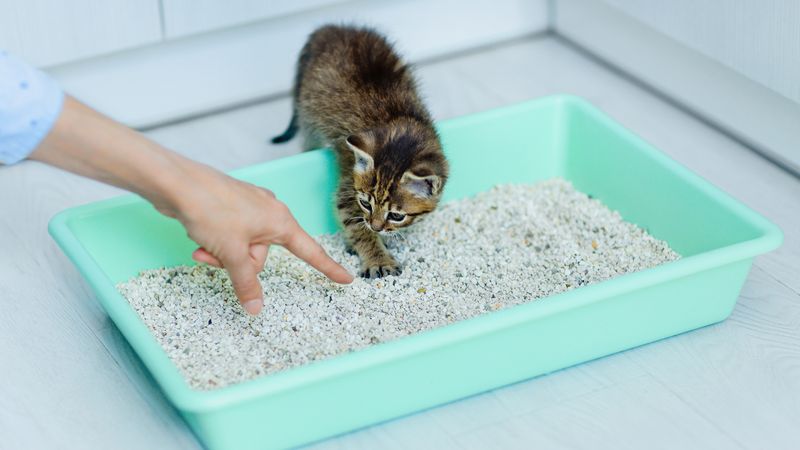
Litter box issues drive many cats to find alternative bathroom spots around your home. The golden rule? One box per cat, plus one extra.
Location matters tremendously—cats hate doing their business in high-traffic or noisy areas. Keep boxes clean by scooping daily and choose unscented litter, as cats typically prefer their natural smell over artificial fragrances.
4. Feeding An Improper Diet
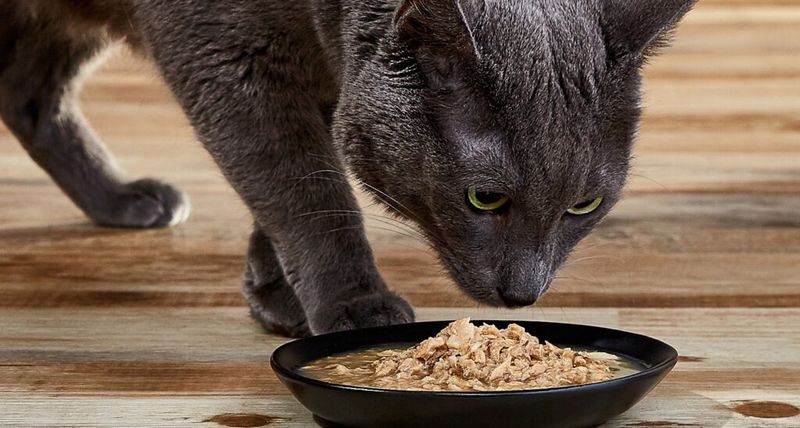
Bargain cat food might save money now but could cost more in vet bills later. Cats are obligate carnivores who need meat-based protein to thrive.
Low-quality foods often contain fillers like corn and wheat that provide little nutritional value. Watch portion sizes too—obesity leads to diabetes, joint problems, and shortened lifespans in our feline friends.
5. Forgetting Fresh Water
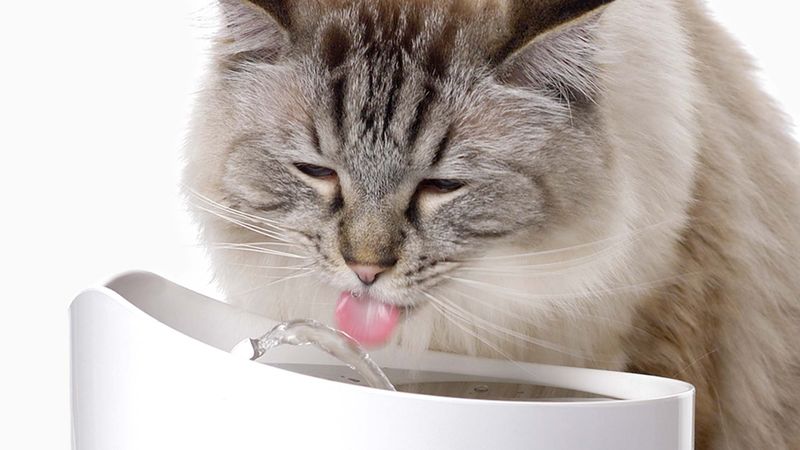
Running water fascinates cats for good reason—their instincts tell them moving water is safer to drink. Many cats drink inadequately from still bowls.
Dehydration contributes to serious urinary tract problems, especially in male cats. Consider a pet fountain that continuously circulates and filters water. Your cat will drink more, potentially preventing costly urinary emergencies.
6. Punishing Natural Behaviors
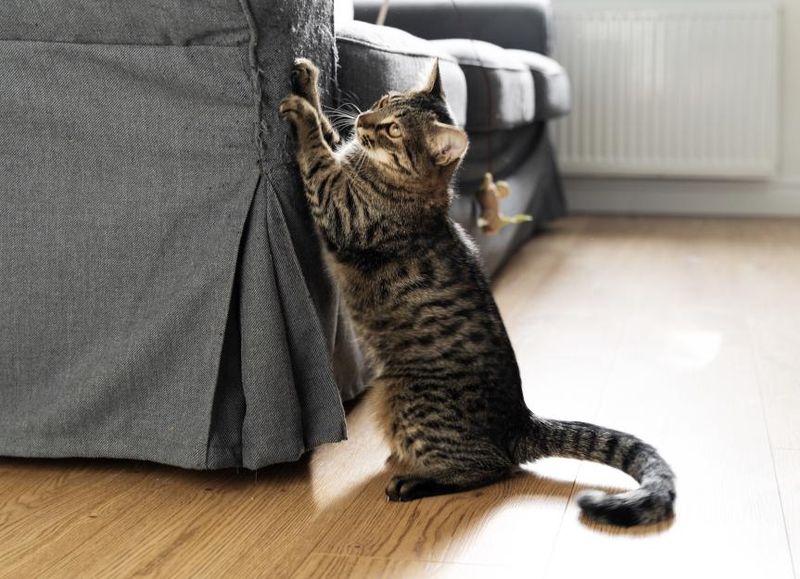
Scratching isn’t your cat being naughty—it’s essential for claw maintenance and territory marking. Yelling when they jump on counters or scratch furniture only creates fear, not understanding.
Instead, provide appropriate alternatives like tall scratching posts and designated perches. Redirect unwanted behaviors with positive reinforcement when they use appropriate items.
7. Overlooking Enrichment Needs
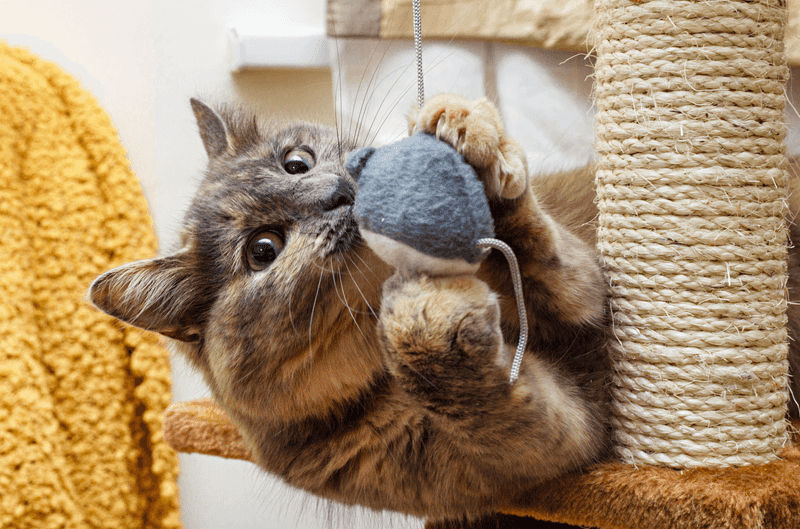
Bored cats become destructive cats. Without proper stimulation, your feline might create their own entertainment—usually at the expense of your belongings.
Indoor cats especially need environmental enrichment through toys, climbing spaces, and interactive play. Just 10-15 minutes of wand toy play twice daily satisfies their hunting instincts and strengthens your bond.
8. Missing Subtle Illness Signs
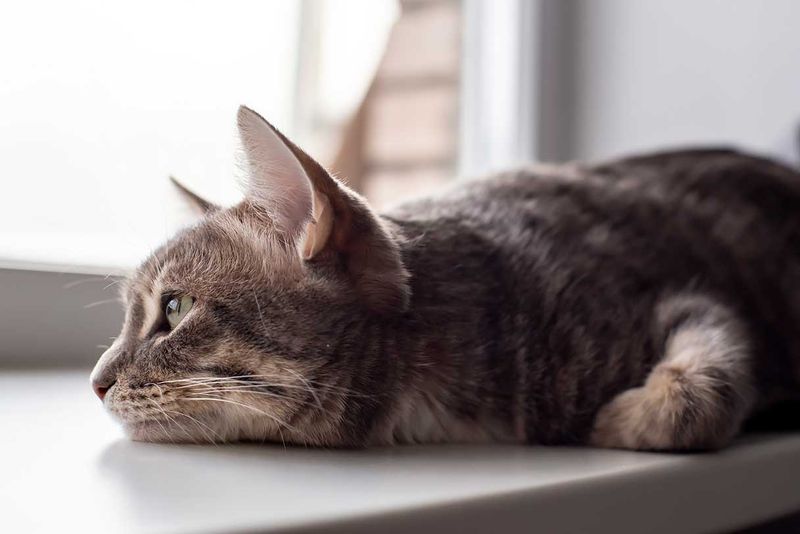
Cats are masters at hiding pain—an evolutionary trait from their wild ancestors. Small changes often signal big problems.
Watch for decreased grooming, appetite changes, or altered litter box habits. Even slight behavior shifts like hiding more or becoming unusually clingy warrant attention. Quick response to these subtle cues can literally save your cat’s life.
9. Skimping On Grooming
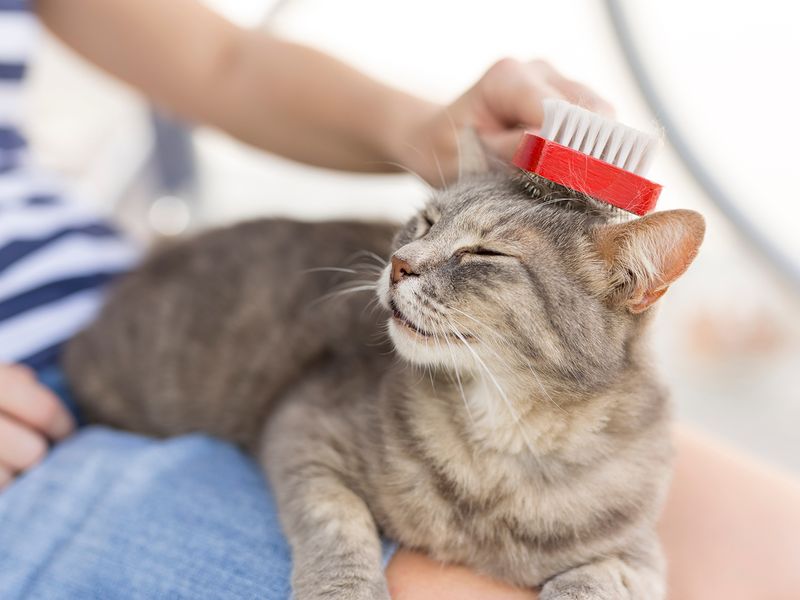
Long-haired cats aren’t the only ones needing regular brushing. All cats benefit from grooming help, especially seniors who struggle to reach certain areas.
Regular brushing removes loose fur that causes hairballs and keeps skin healthy. It also gives you a chance to check for lumps, bumps, or parasites while strengthening your bond through positive touch.
10. Using Dangerous Plants And Products
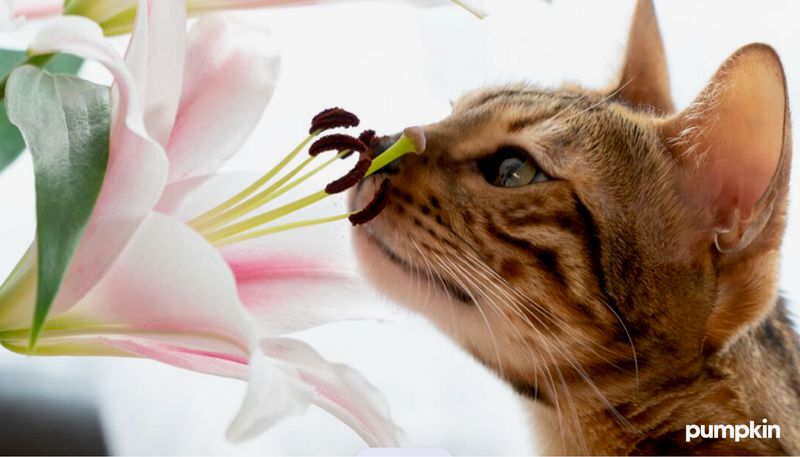
Lilies can cause fatal kidney failure in cats with just a small pollen dusting. Many common houseplants and flowers are similarly toxic to curious felines.
Essential oils, cleaning products, and medications also pose serious dangers. Always research plants before bringing them home and store household chemicals securely away from prying paws.
11. Forcing Social Interaction
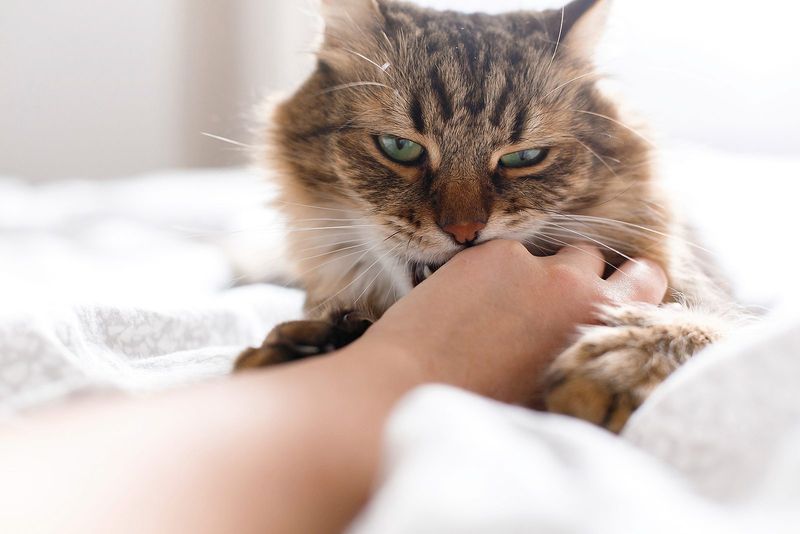
Picking up unwilling cats or forcing cuddles creates stress and damages trust. Respect feline boundaries just as you would with people.
Let cats initiate contact on their terms. Creating positive associations through treats and play builds stronger relationships than forced handling ever could. Patient owners who respect feline independence are rewarded with genuine affection.
12. Declawing Your Cat
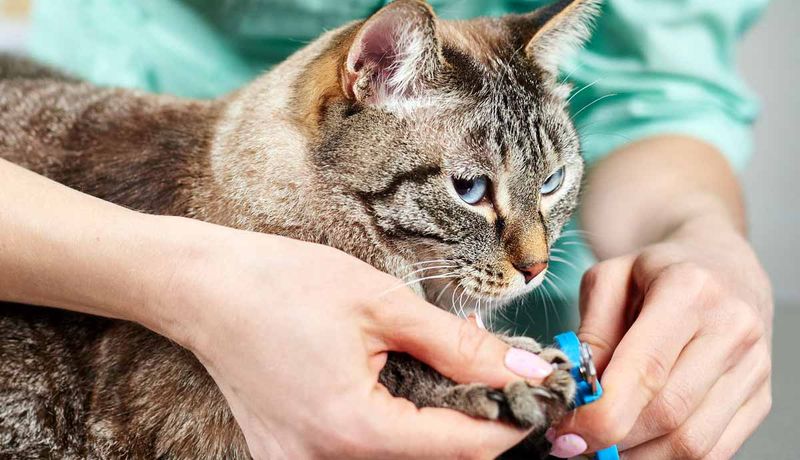
Declawing isn’t like a manicure—it’s amputation of the last bone in each toe. This painful procedure causes lasting physical and behavioral problems.
Many declawed cats develop litter box avoidance due to paw pain. Scratching posts, nail caps, and regular trimming offer humane alternatives. Several countries and US states have banned declawing for good reason.
13. Neglecting Parasite Prevention
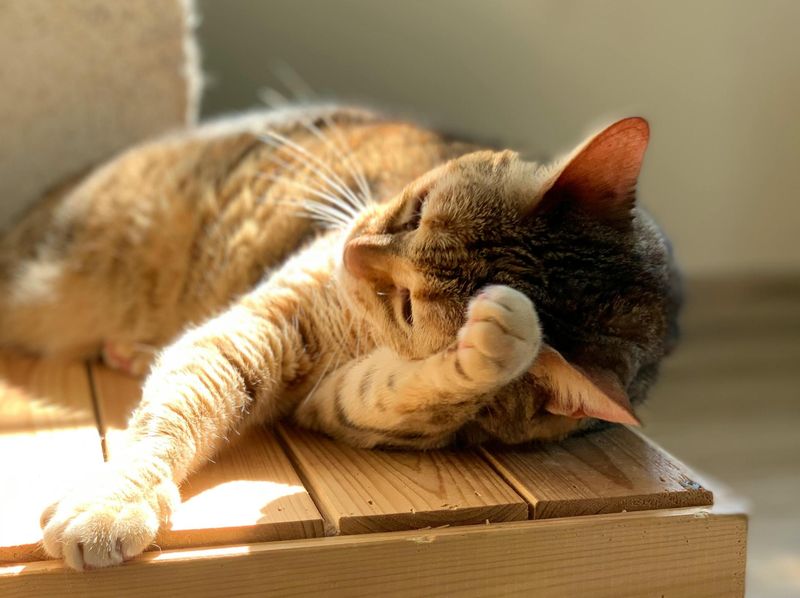
Even indoor cats need regular parasite prevention. Fleas, ticks, and intestinal worms can hitch rides into your home on shoes or other pets.
Some parasites can transfer to humans, especially children. Year-round prevention costs less than treating an infestation or illness. Ask your vet about safe, effective options suited to your cat’s lifestyle.
14. Improper Carrier Training
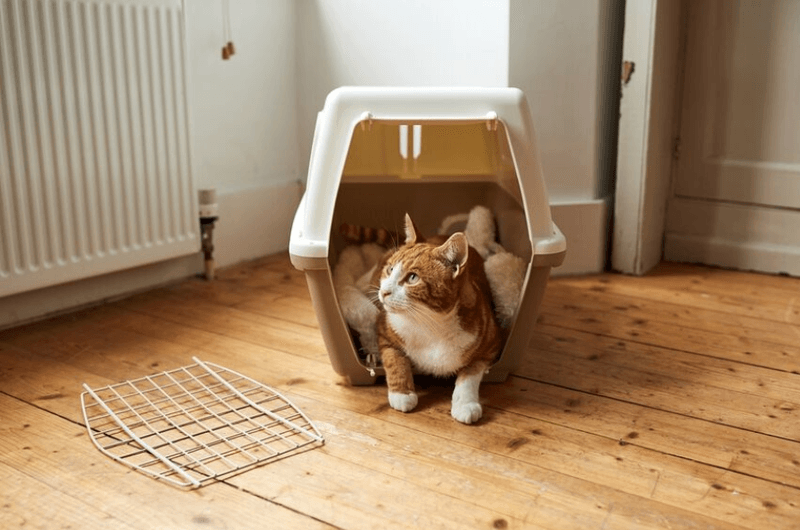
Shoving your cat into a carrier only during stressful vet visits creates negative associations. Many cats miss needed medical care because their owners can’t get them into carriers.
Make the carrier a positive space by leaving it out with comfortable bedding and occasional treats inside. Practice short carrier trips that don’t end at the vet to build confidence.

